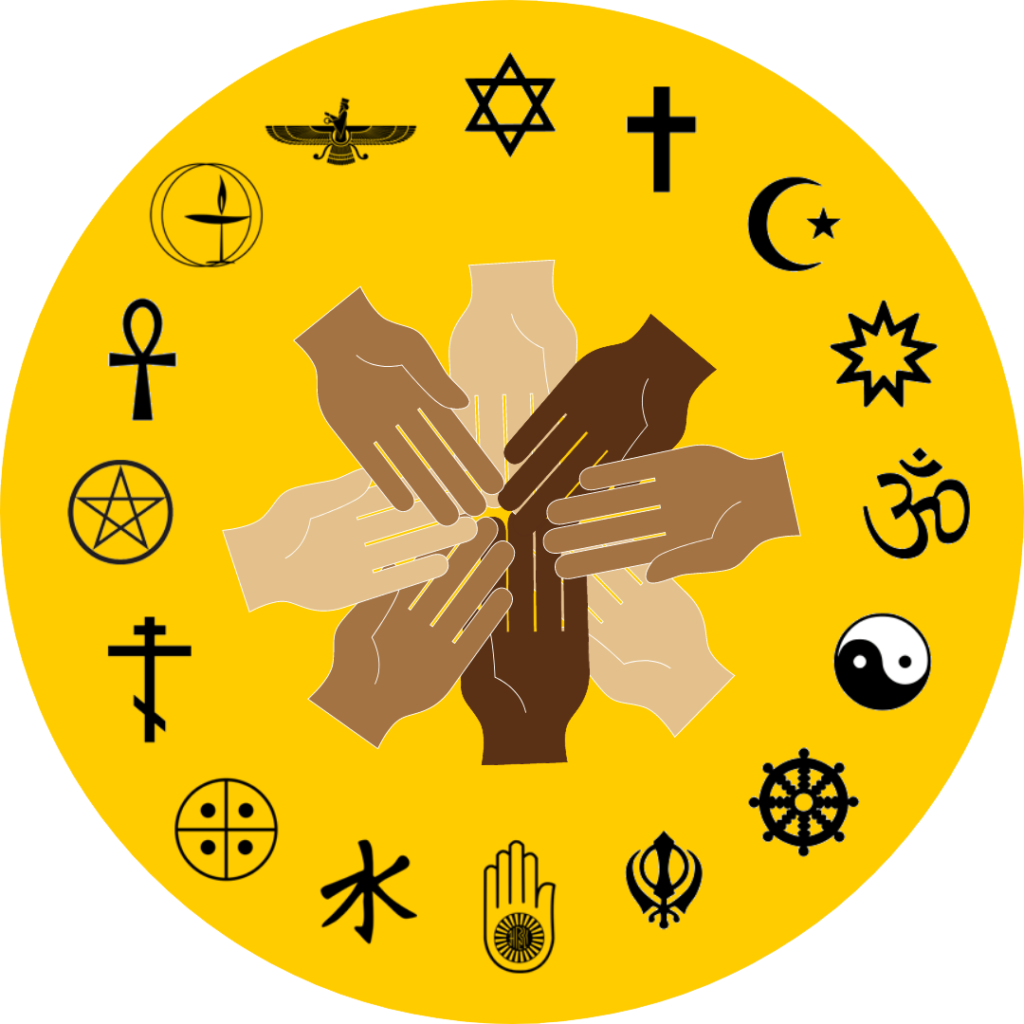
With historic and present-day connections to the Presbyterian Church (U.S.A.), the College of Wooster is home to diverse students, faculty, and staff representing more than 25+ different religious, secular, and spiritual identities. Since its founding in 1866, the College has been a place which supports the exploration of faith/spirituality as a part of one’s holistic identity and formation. Today, Religious & Spiritual Life (RSL) offers a wide range of programs, spaces, groups, and opportunities to engage questions of belief, meaning, purpose, and belonging. With the help of campus partners and spiritual leaders in the community, we seek to support all who wish to invest in their spiritual health and well-being.
RSL Mission Statement
Religious & Spiritual Life (RSL) promotes the nurturing and flourishing of religious, secular, and spiritual communities at the College of Wooster. We support students, staff, and faculty in their individual and collective journeys, no matter their faith identities or backgrounds, by providing opportunities for education, reflection, celebration, and community.
RSL Areas of Support
Spiritual Accompaniment & Health
- Chats with the Chaplain – 1:1 consults
- Spiritual Health & Wellness activities
- Hope in Times of Horror discussion group – Tuesdays at 11am in the Old Main Fishbowl (Kauke 025)
- Jummah Prayer – Fridays at 1pm in the All Faiths Chapel (Lowry 258)
- Monthly Ecumenical Communion
- Zen Meditation – Mondays at 5pm in the All Faiths Chapel (Lowry 258)
Vocational Discernment
- Pre-Ministry Program
- Worthy Questions Program – An intergenerational mentoring program that brings together students and members of the wider Wooster community to ask deep questions about life, purpose, values, and belonging
Support for Faith-based Organizations/Communities
- Jewish Student Organization (JSO)
- Kaleidoscope – An LGBTQ+ affirming, progressive Christian organization
- Bible Study: Sundays at 5pm in The Living Room (Babcock 121)
- Muslim Student Union (MSU)
- WooCatholic – Supported by the Diocese of Cleveland
- Newman Night: Wednesdays at 7pm in the CDI Lounge (Lowry 224)
- Wooster Christian Fellowship (WCF) – Supported by InterVarsity USA
- WordUP! – A BIPOC student ministry, Supported by InterVarsity USA
- Wooster Coven – A multi-faith organization centering Pagan and nature-based spiritualities
- YoungLife
Service & Reflection
Fall & Spring Break service trips designed to help students consider how their faith and values connect to local and global issues. Funding for service trips is available through the RSL office and in consultation with the Chaplain.
Education & Celebration
- RSL Organizations Fair (every Fall)
- Religious holidays/festivals and holy days, in partnership with student organizations/departments
- Ethiopian New Year
- Sukkot
- Samhain
- Dia de Los Muertos
- Diwali
- Las Posadas
- Hanukkah
- Lunar New Year
- Purim
- Ramadan & Eid al-Fitr
- Holi
- Holy Week & Easter
- Passover
- Earth Day
- (W)Inter-religious Holidays Celebration
- MLK Day Interfaith Prayer Breakfast
- Interfaith Baccalaureate Ceremony (Commencement weekend)
Leadership Development
RSL supports students in attending conferences, workshops, and leadership development opportunities, locally and nationally. Funding for conferences that engage questions of faith, spirituality, and leadership can be subsidized by the RSL office and in consultation with the Chaplain.
